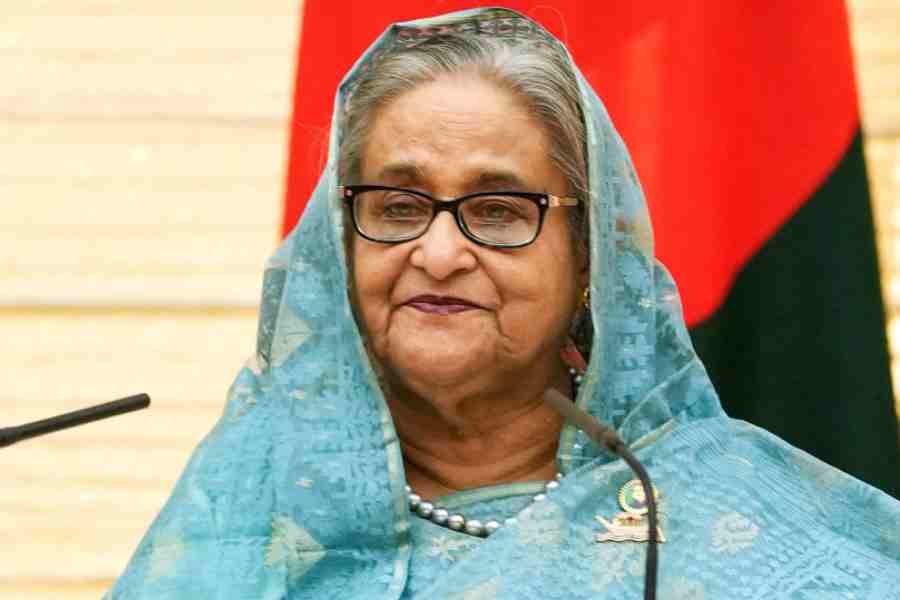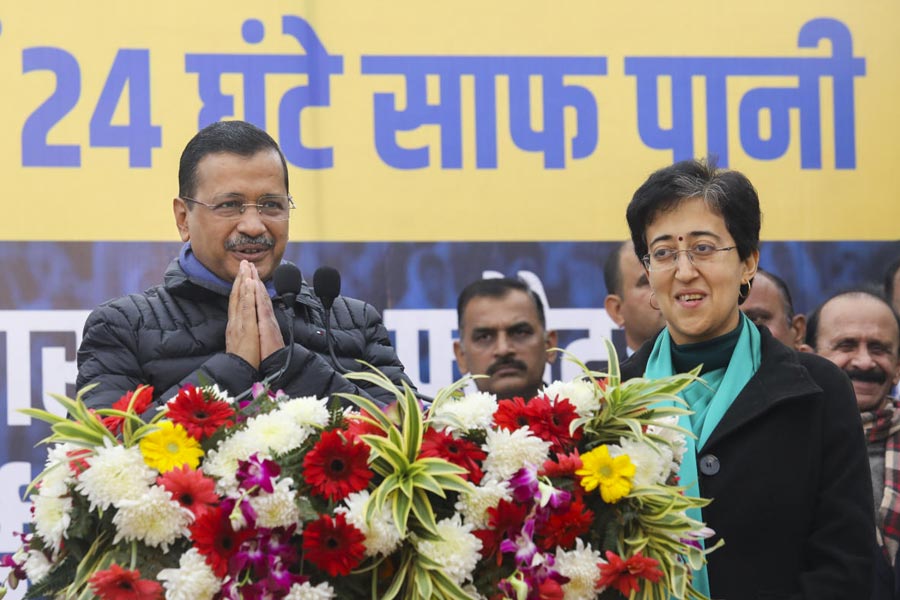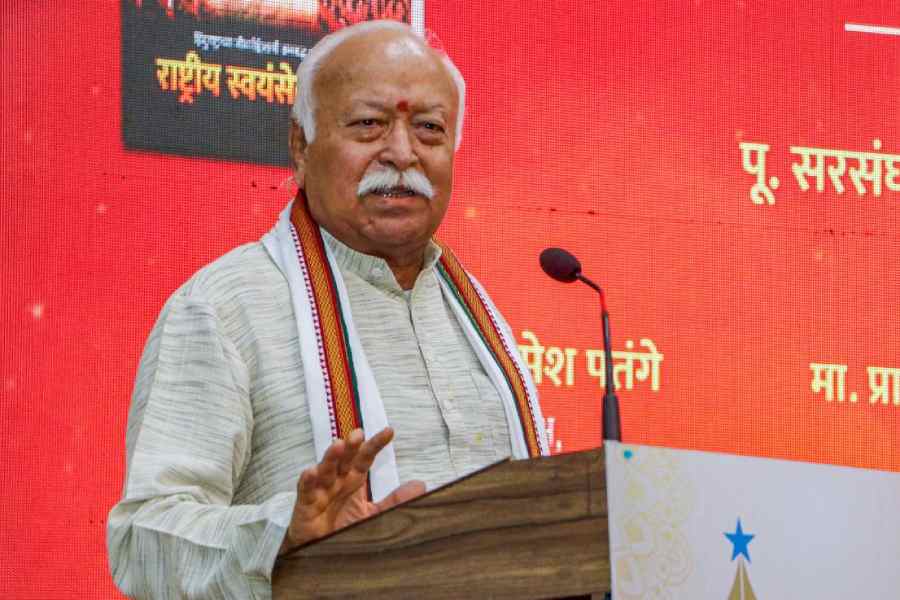Eight months before Bangladesh votes for its next national government, the bugle has been sounded from unlikely quarters: Washington. Antony Blinken, the secretary of state of the United States of America, last week threatened visa restrictions against Bangladeshi officials that Washington concludes have undermined the process of holding free and fair elections. On the face of it, the move is aimed at ensuring that the 2024 vote is widely viewed as credible after three consecutive terms for Prime Minister Sheikh Hasina Wajed. Yet it is hard to ignore what the warning from Mr Blinken ultimately boils down to: a hypocritical interference in the election and internal affairs of a sovereign nation. To the credit of the US, it has articulated its position openly. But by questioning Ms Wajed’s government’s ability to hold credible elections, it would likely be seen as a partisan force by large sections of the Bangladeshi population. This, in turn, will only weaken any genuine effort it undertakes that could strengthen democracy in India’s eastern neighbour. Ms Wajed’s government has committed itself to holding free and fair elections and has, so far, avoided any war of words with the US. But the stinging threat from Mr Blinken cannot have helped bilateral relations and would only muddy the waters for the region and, indeed, for Washington.
The US warning comes across as two-faced, given its reluctance to take on the military-led domination of politics in countries that are its vital security partners, like Pakistan and Thailand. The US itself — rightly — criticises other nations that try to influence its elections, covertly or overtly. Yet, since the end of the Second World War, it has orchestrated coups and regime changes, often against democratically-elected governments, in dozens of countries. In the Global South, Washington’s growing use of economic and other sanctions against some nations is widely seen as a 21st-century version of that policy. In Bangladesh, the US role today is also partly viewed through the lens of Washington’s support for Pakistan’s genocidal war against the creation of the nation. At a time when Bangladesh is trying to balance ties between regional and global powers, including those with India, China and the US, Washington’s threat will alarm New Delhi and Beijing too. A genuinely independent and credible election in Bangladesh is in the interest of its 170 million people as well as regional stability. But by intervening in that process, Washington risks undermining the very principle it claims to uphold.











